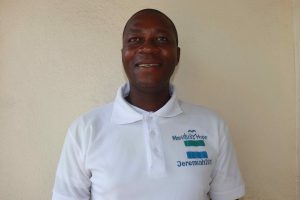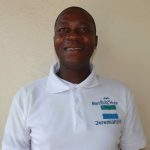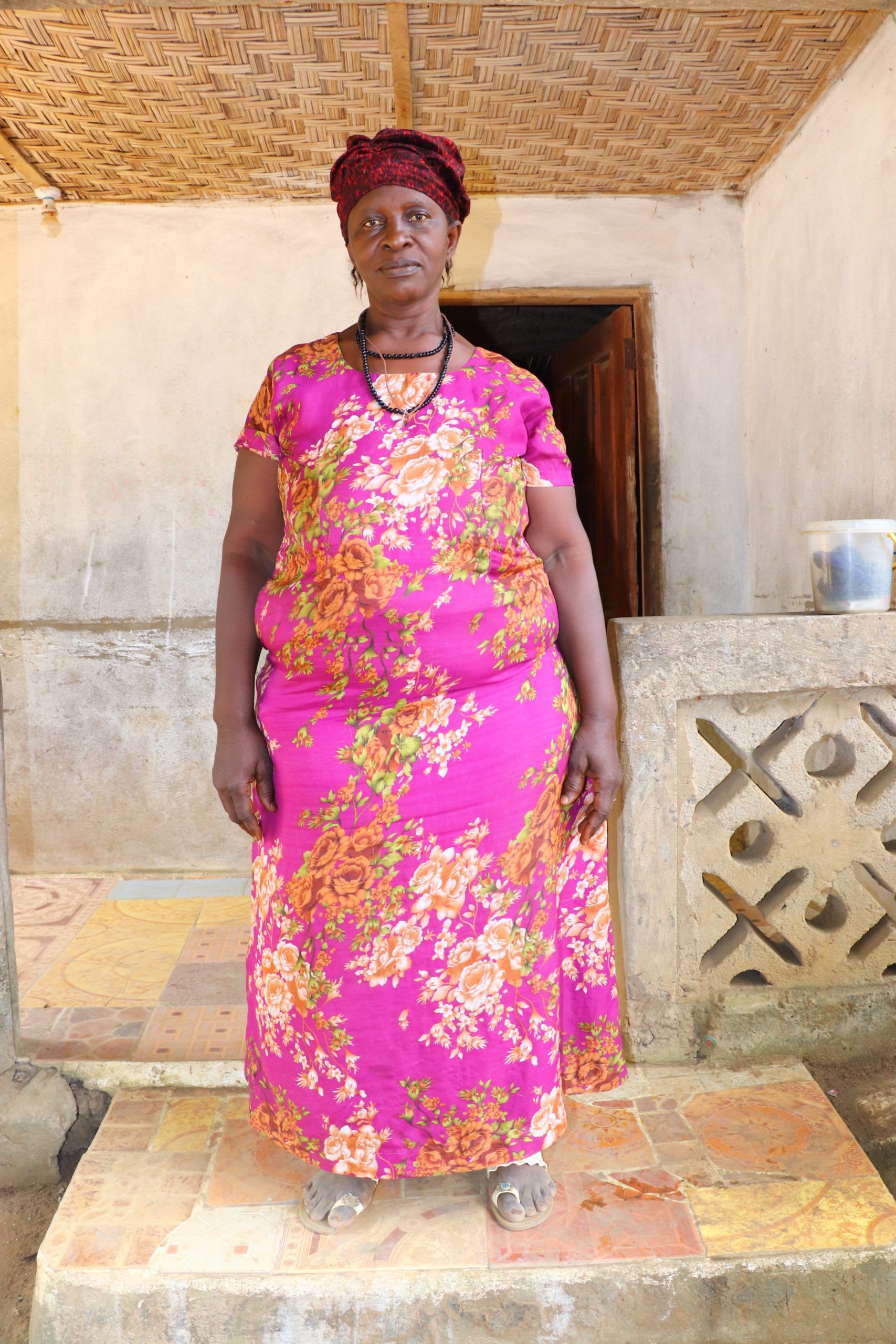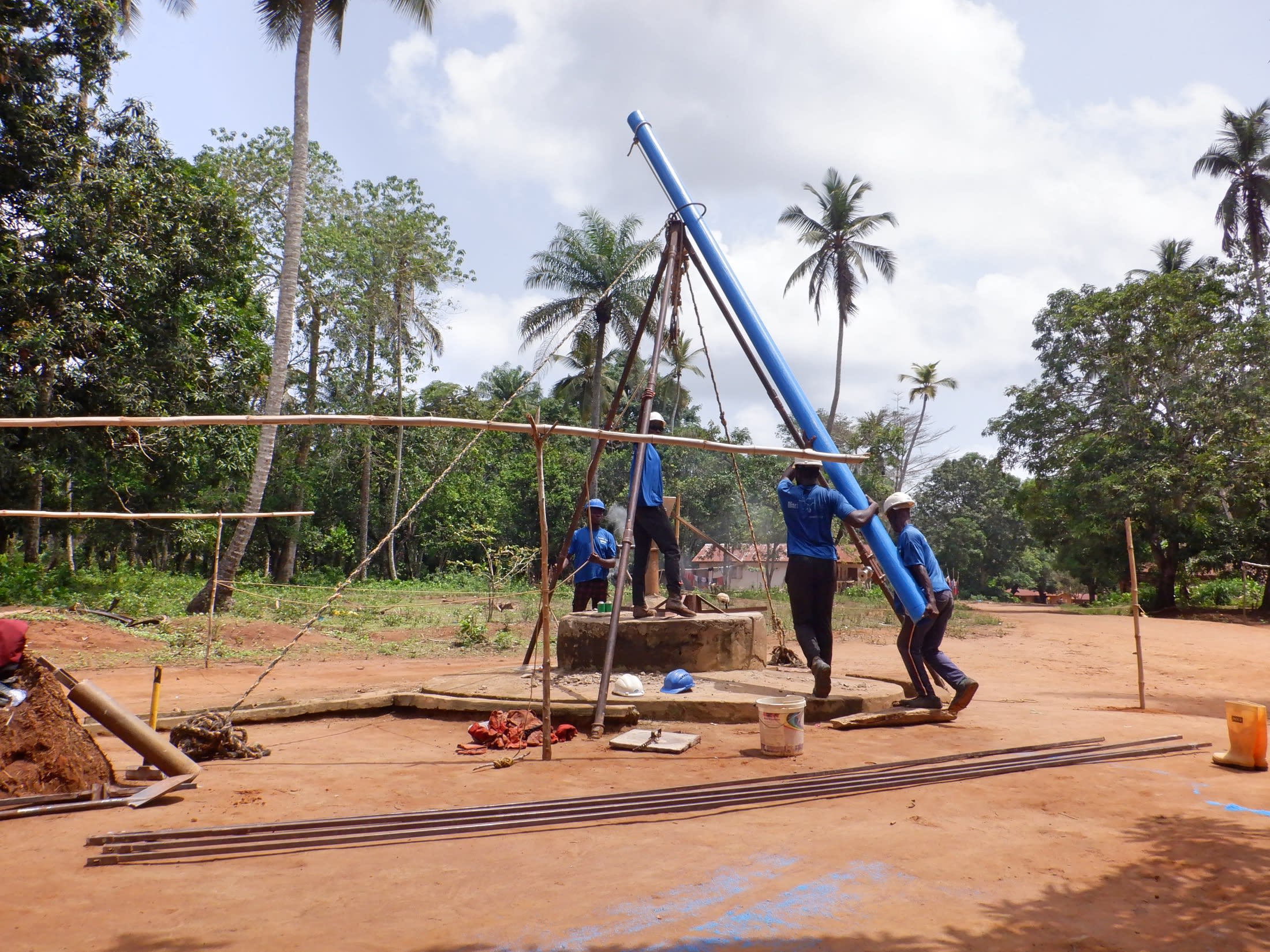The well in Mathen hasn't worked for the past three years. Since then, these 164 people's only source of water has been a scoop hole in the local swamp.
"The implementing partner that brought the [well] into the village 21 years [ago] has long since left with no exit strategy," said our field officer, Moses. "The community people are tired of making fruitless repairs and have stopped [trying] since the well went dry. When there was water inside the well, chlorination and repairs were done by private contractors that charged exorbitant prices. They usually made [the well] function for weeks at a time knowing that they [would] be called again."

So, Mathen's people have resigned themselves to using the cloudy swamp water that tastes like mud and leaves a chalky film on the skin of those who bathe with it, even after it has been sieved and boiled. With water conditions as bad as these, the health consequences are endless, easily sending any user of the water to the hospital. The most common illnesses are typhoid, cholera, dysentery, diarrhea, and skin irritations, with multiple children in Mathen having died from diarrhea and vomiting in the past year.
“Children require more water (by weight) than adults, so their exposure to water-borne pathogens is much higher. Diarrhoeal diseases cause dehydration in children much faster than in adults. Children are more likely to develop severe infections and experience complications during recovery due to their small body size and their developing immune systems, which provide little natural immunity or resistance.” - UNICEF
"As an elder, I suffer the most when it comes to getting safe water to drink," said 75-year-old Bonturabi Kamara (shown fetching water in the photo below).

For now, Bonturabi feels spry enough to make the long trip to the swamp and bend down at the scoophole to fill a container. But other elders in the village must trade money or a plate of food for a youth to go and fetch water for them because crouching over the water source is not an easy task.
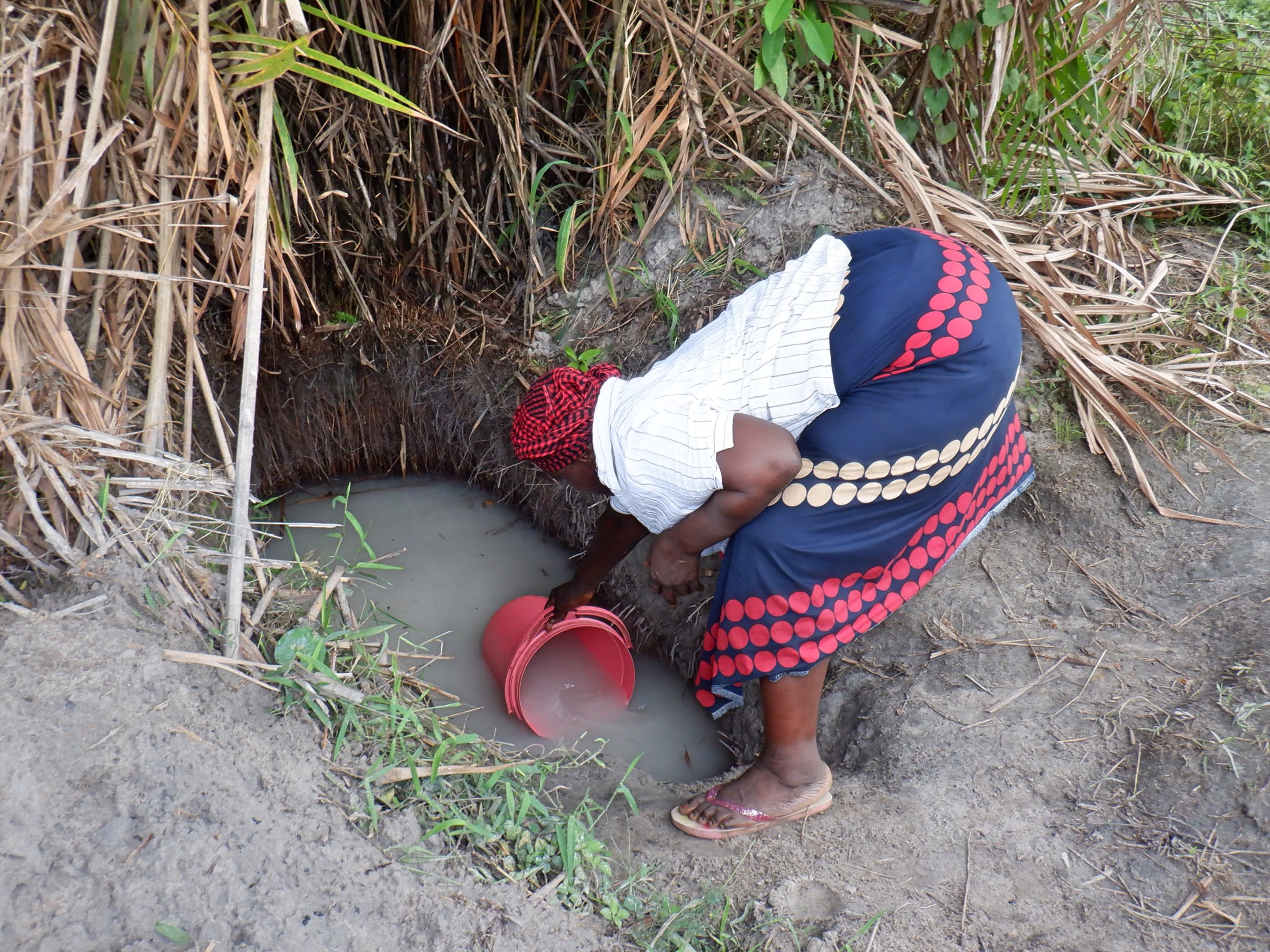
"I spend most of my time at home looking after my grandchildren," Bonturabi continued. "I see no other group of people that wastes water more than children. Clothes laundered at the swamp end up being damaged in no time. They change color. In the dry season, I find it difficult to get water."
14-year-old Mamusu B. is proud to have made it as far in school as she has. "The happiest moment of my life was when I was promoted to the first form (the first grade of secondary school)," Mamusu said. "It is rare for girls to reach secondary school in my village. Our parents refuse to pay school fees because they say the result is always getting pregnant for the young girls."
But keeping her exam scores high is not easy when trekking to the swamp to fetch water eats up so much of her valuable spare time.

"I get up very early in the morning to fetch water, clean the compound, wash pots and pans and finally warm up my leftover rice before going to school. I [also] warm water over the fire for my father to bathe before going to school. To reduce the time spent doing chores, I now fetch water in the evening even though [the water] is dirtier than normal. I leave the water in a large open container overnight, making it easier to bail with a scoop, rubber (bucket), or pan.
"My school is almost four miles away. Walking the long distance means I leave my home hours before the start of school. My friends and I will keep our uniforms inside our bags until we get to school and change to prevent [them] from getting dirty from the dust from the road."
Safe, reliable water within Mathen Community will alleviate the burdens on the water-fetchers of the community like Bonturabi and Mamusu. Drinking water that is protected, monitored, tested, and treated will lessen the occurrences of water-related illnesses, which will help keep children healthy and happy.
"I will be the happiest [person] in the entire community when finally we get a water well that is going to serve us all year-round," Mamusu concluded.
Here’s what we’re going to do about it:
Well Rehabilitation
The well marked for this overhaul is dry for a few months every year and needs major work to supply adequate, clean water to the community year round. The pump will be removed, and a hand auger will be lowered inside and powered by a drill team. This hand auger will allow the team to drill several meters deeper to hit a sufficient water column that will ensure the well supplies water throughout all seasons.
As the team drills, casing will be installed, transforming the bottom of this hand-dug well into a borehole. PVC piping will connect this lower system directly to the pump, a construction that we know will also improve the quality of water.
Once this plan is implemented, everyone within the community will have access to safe drinking water in both quality and quantity, even through the dry months.
Hygiene and Sanitation Training
There will be hygiene and sanitation training sessions offered for three days in a row.
After our visit, the hygiene and sanitation trainer decided it would be best to teach community members how to build a tippy tap (a hand-washing station built with a jerrycan, string, and sticks). They will use these tippy taps for handwashing demonstrations, and will also teach about other tools like dish racks and the importance of properly penning in animals.
These trainings will also strengthen the water user committee that manages and maintains this well. They enforce proper behavior and report to us whenever they need our help solving a serious problem, like a pump breakdown.





 Borehole Well and Hand Pump
Borehole Well and Hand Pump









